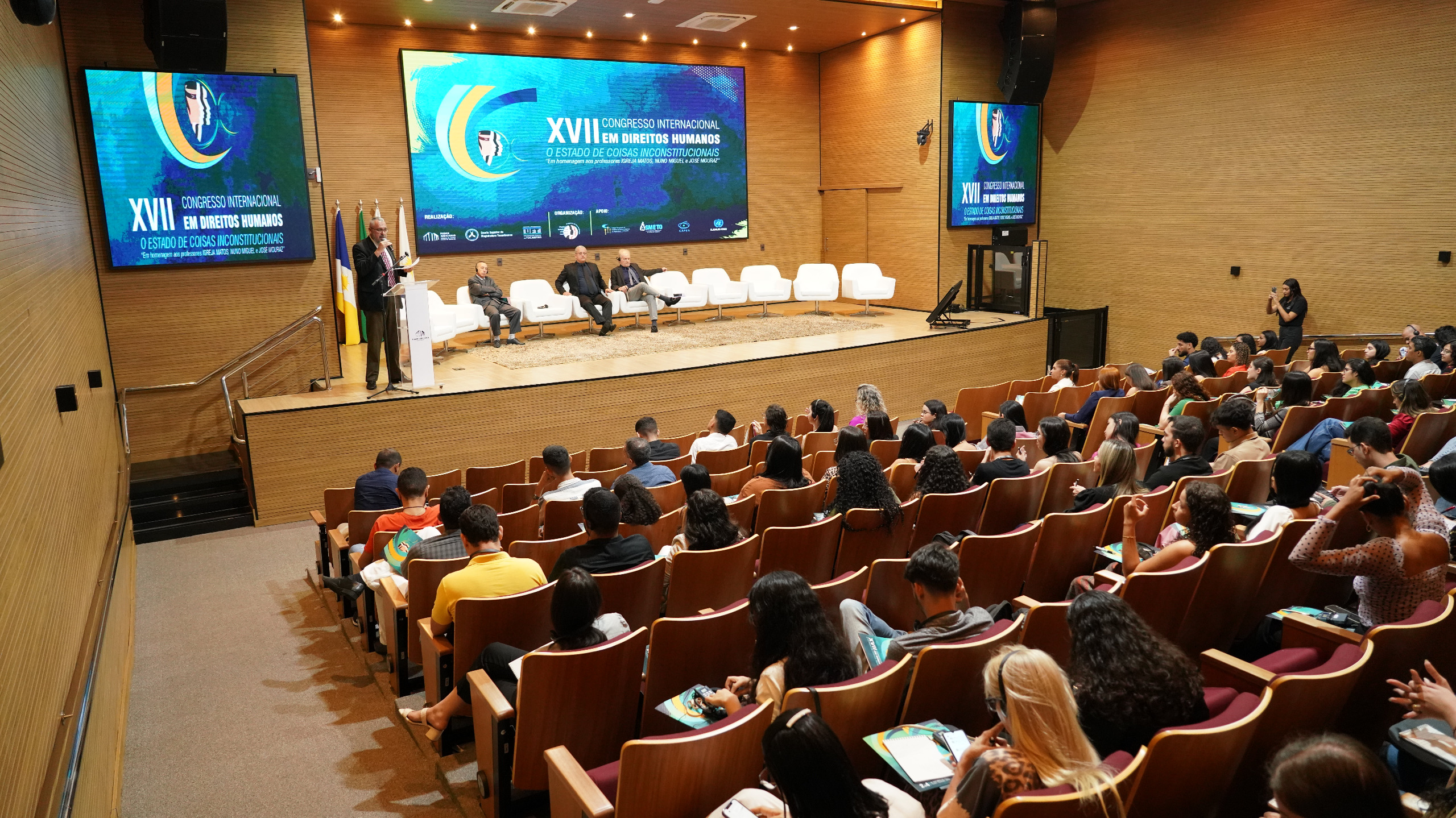
Although the opening ceremony of the International Congress on Human Rights doesn't start until 5pm on Wednesday (October 2nd), the activities of the seventeenth edition have already started in the morning for those registered for the mini-courses. In total, more than 500 people signed up for the activities described below, which include four mini-courses held on this first day.
With the auditorium of the Court of Justice of the State of Tocantins (TJTO) full, international speakers George Andreopoulos (USA) and Mohamed Jaouhar (Morocco) shared their experiences and views on the challenges related to the theme on “Criminal justice system and human rights in the Americas and Africa”. The mini-course was coordinated by Professors Tarsis Oliveira and Paulo Sérgio Soares.
During his talk, Mohamed Jaouhar addressed the issue of pre-trial detention and its relationship with prison overcrowding in Morocco. He also shared that the country has faced a significant increase in the prison population, mainly due to the generalization of custodial sentences and the excessive use of pre-trial detention.
For his part, George Andreopoulos discussed the challenges related to immigrants, including the monitoring of these people, security issues and segregation. The American stressed the need to seek alternatives for coexistence that avoid the incarceration of immigrants, questioning practices such as solitary confinement and the inhumane conditions to which many are subjected. Andreopoulos also drew attention to the toxic nature of the immigration debate in the United States, noting that while in Europe there is a gradual progress in guarantees for immigrant populations, the discourse in the US is more polarized.
At the same time, the classrooms at Esmat were joined by Herivelto Pereira Souza, Professor in the Philosophy Department at the University of the city of Brasília (UnB); Leilyane Masson, Professor of Psychopathology at the Federal University of the State of Goiás (UFG); and Tiago Ravanello, Professor of Psychology at the Federal University of the State of Mato Grosso do Sul (UFMS). They discussed the intersections among “Psychoanalysis, Authoritarism and Human Rights”, in an exchange coordinated by Professor Carlos Mendes Rosa, from the Psychology course at the Federal University of the State of Tocantins (UFT).
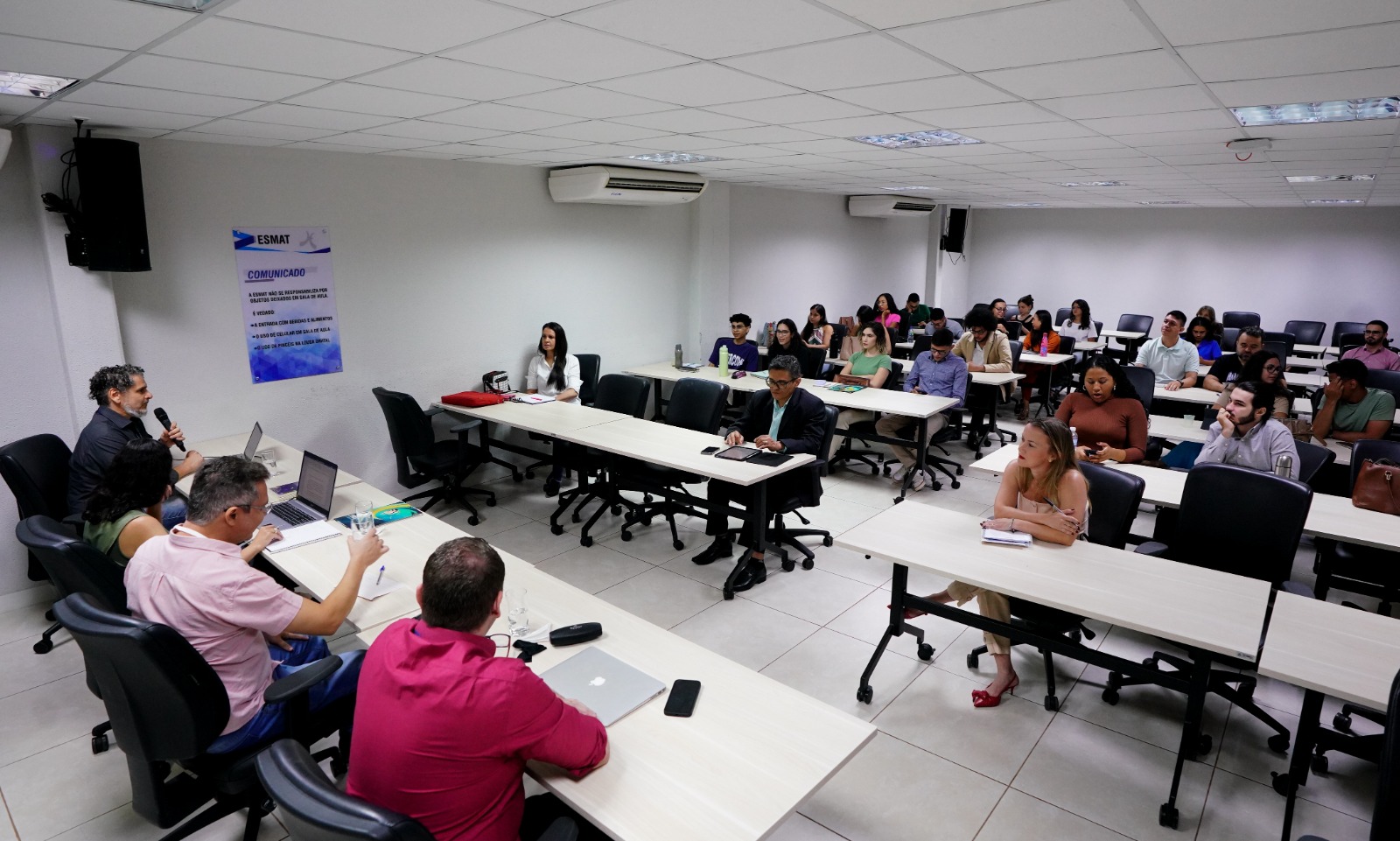
Another discussed topic was the process of building a more inclusive society for all ages, the focus of the mini-course given by Professor Patrícia Medina and Wangles Martins de Carvalho, a student on the Master's Program in Judicial Provision and Human Rights (PPGPJDH), entitled on “Human rights and gerontological public policies: building a society for all ages”.
In addition, PPGPJDH graduate Silvânia de Carvalho and student Taynã Nunes Quixabeira showed how communication can be a powerful tool for peace and conflict resolution, in the mini-course on “Peace building Circle as a tool for interpersonal communication and conflict prevention”.
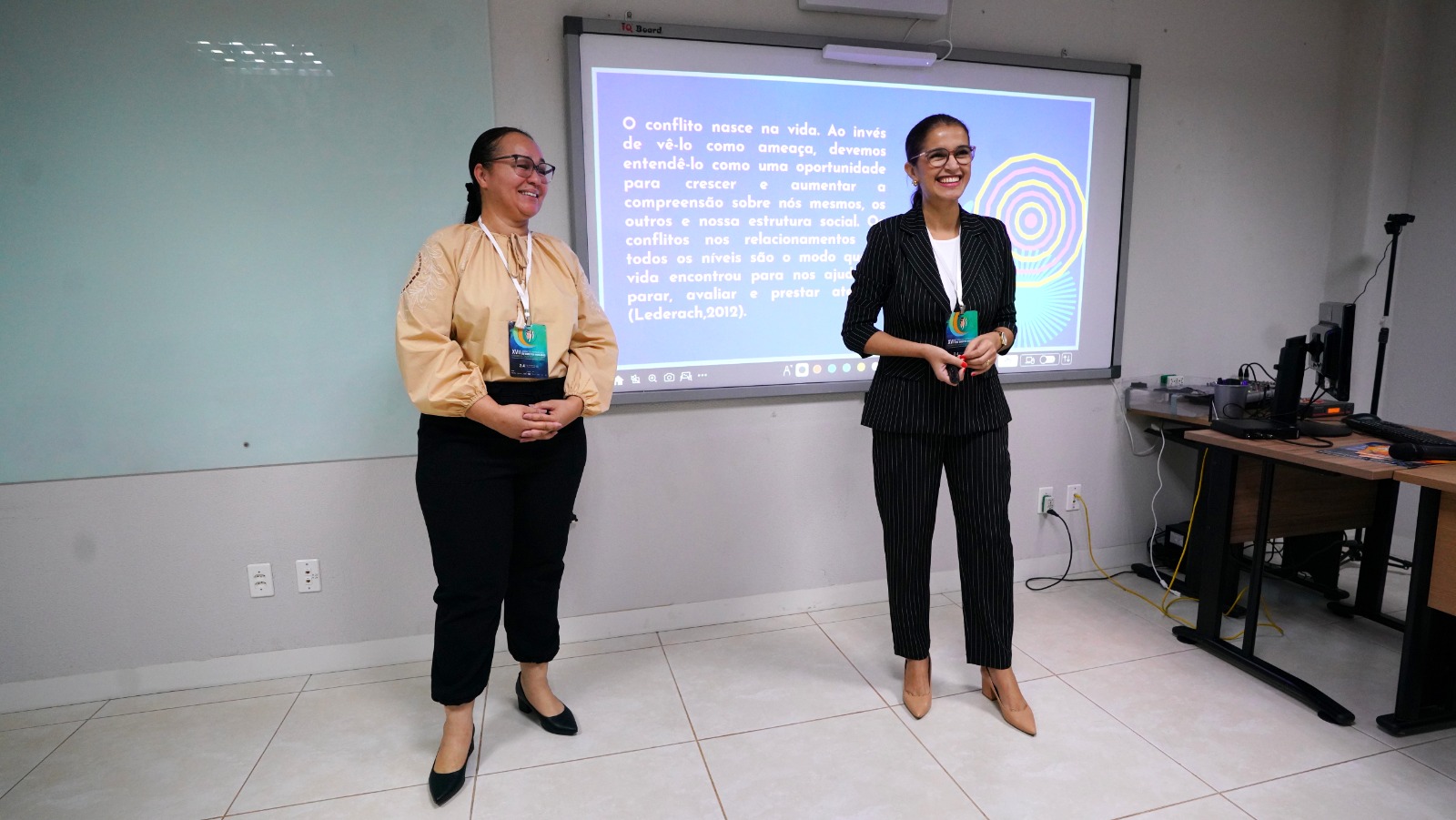
For them, “the circles are not therapy, but they are still therapeutic”.
Meeting of researchers
In addition to the mini courses, Esmat hosted the Meeting of Researchers from the Interinstitutional Doctorate in Law (Dinter) in conjunction with the University Center of the city of Brasília. According to Professor Gustavo Paschoal Teixeira, the space was dedicated to in-depth academic discussions and the exchange of experiences among the researchers.
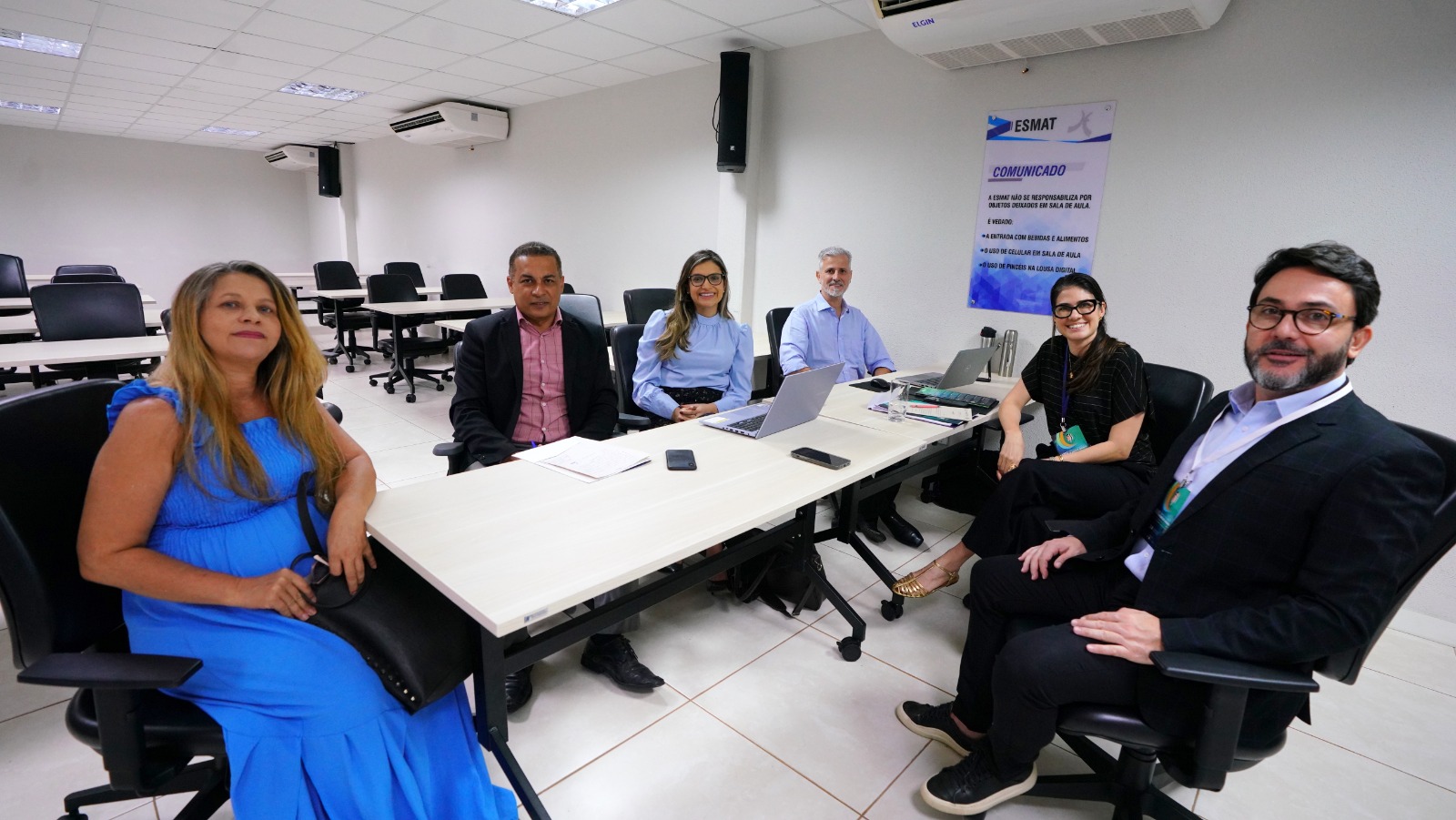
“It was a time to present the themes that each researcher is developing in their thesis. Each doctoral student presented a theme to be debated and discussed. We also dealt with instrumental issues related to the preparation of the thesis, such as quantitative aspects, pages, references, submission, deposit, defense, in other words, information that refers to both the form and content of the work,” he explained.
Testimonials
In a statement, law student Manoela Pugliese, who attended one of the mini-courses at Esmat, highlighted the importance of the Congress in building her legal knowledge.
“The mini courses are very interesting, and the Congress on Human Rights is giving me the chance to learn different perspectives from people who have more experience and are already working in the market. It's an excellent opportunity to discover new horizons in my legal career and in the future,” she commented.
Attending the Congress for the first time, Sávia Soares de Souza, a resident and postgraduate student in the Residency Program and Postgraduate Program in Judicial Practice of Esmat, revealed in a comment that her expectations regarding the first mini-course were exceeded.
“I had already expected that it would add a lot in terms of knowledge, both personal and professional, but it far exceeded my expectations. I'll be following the rest of the programming until Friday,” she admitted.
Programming
Also this Wednesday, between 2pm and 4pm, there will be an exhibition and evaluation of BANNERS by students from the undergraduate courses of UFT, in the entrance hall of the TJTO.
From 5pm to 8pm, the opening ceremony of the Congress will take place, with the presence of Justice Etelvina Maria Sampaio Felipe, President of the TJTO, and Justice Marco Villas Boas, General Director of Esmat. The event will include the international lecture on “Correlation between the unconstitutional state of things and the social effectiveness of fundamental rights”, which will be led by Portuguese Justice José Manuel Igreja Matos, together with Portuguese Judges Nuno Miguel Pereira Ribeiro Coelho and José Mouraz Lopes.
About the congress
The Congress is organized by the Professional and Interdisciplinary Master's Program in Judicial Provision and Human Rights (PPGPJDH), in partnership with the Superior School of the Judges of the State of Tocantins (Esmat), the Court of Justice of the State of Tocantins (TJTO) and the Federal University of the State of Tocantins (UFT). The theme chosen for this edition is “The Unconstitutional State of Things”. This concept refers to the systemic and massive violation of fundamental rights, whether individual or collective, affecting a large number of people.




_thumbnail_thumbnail.jpeg)
_thumbnail_thumbnail.jpeg)
_thumbnail_thumbnail.jpeg)
_thumbnail_thumbnail.jpeg)
_thumbnail_thumbnail.jpeg)
_thumbnail_thumbnail.jpeg)
_thumbnail_thumbnail.jpeg)
_thumbnail_thumbnail.jpeg)
_thumbnail_thumbnail.jpeg)
_thumbnail_thumbnail.jpeg)
_thumbnail_thumbnail.jpeg)
_thumbnail_thumbnail.jpeg)
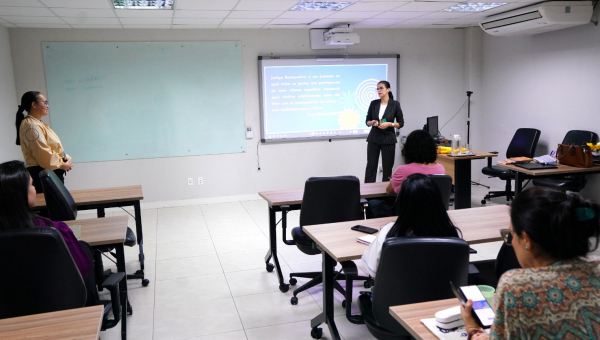
_thumbnail_thumbnail.jpeg)
_thumbnail_thumbnail.jpeg)
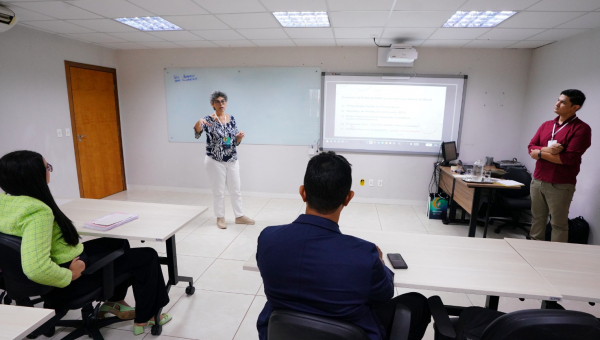
_thumbnail_thumbnail.jpeg)
_thumbnail_thumbnail.jpeg)
_thumbnail_thumbnail.jpeg)
_thumbnail_thumbnail.jpeg)
_thumbnail.jpeg)
_thumbnail.jpeg)
_thumbnail.jpeg)
_thumbnail.jpeg)
_thumbnail.jpeg)
_thumbnail.jpeg)
_thumbnail.jpeg)
_thumbnail.jpeg)
_thumbnail.jpeg)
_thumbnail.jpeg)
_thumbnail.jpeg)
_thumbnail.jpeg)
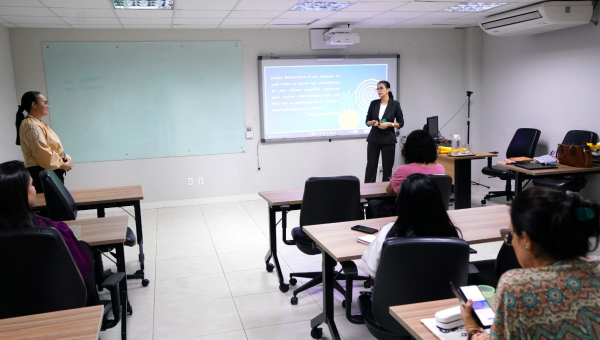
_thumbnail.jpeg)
_thumbnail.jpeg)
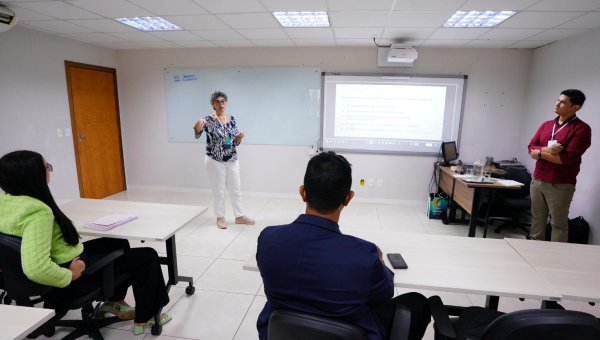
_thumbnail.jpeg)
_thumbnail.jpeg)
_thumbnail.jpeg)
_thumbnail.jpeg)
